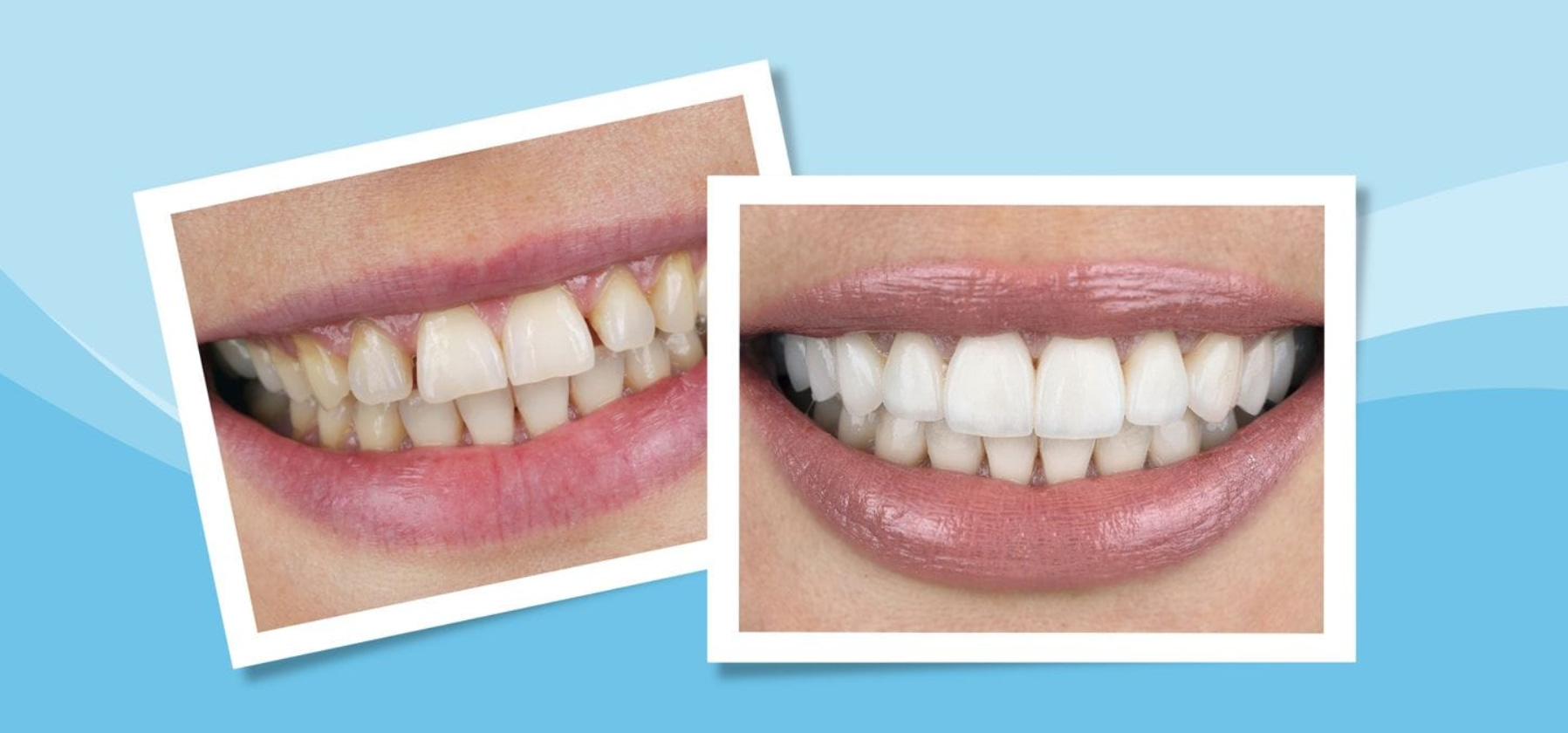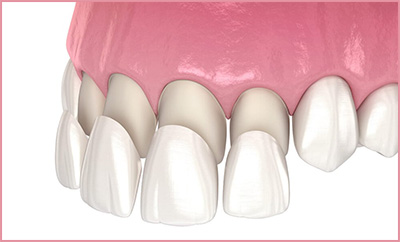
Introduction
Dental veneers are a popular cosmetic dentistry solution that can significantly enhance the appearance of your smile. Whether you're dealing with discolored, chipped, or misaligned teeth, veneers provide a versatile and effective way to achieve a perfect smile. In this guide, we will explore the types of dental veneers, the procedure, benefits, maintenance, and potential risks to help you make an informed decision.
What Are Dental Veneers?
Dental veneers are thin, custom-made shells that cover the front surface of teeth to improve their appearance. They are typically made from porcelain or composite resin, offering a natural look that mimics the appearance of real teeth. Veneers are used to correct various cosmetic dental issues, such as staining, chips, cracks, gaps, and slight misalignment.
Types of Dental Veneers
There are two main types of veneers available: porcelain and composite resin. the spread of pathogens and reduces the risk of healthcare-associated infections
Porcelain Veneers: These are the most popular choice due to their durability and ability to mimic the natural translucency of teeth. Porcelain veneers are stain-resistant and can last for many years with proper care.
Composite Resin Veneers: Made from a tooth-colored resin, these veneers are less expensive than porcelain but may not last as long. Composite veneers are applied directly to the teeth and can be shaped and adjusted during the procedure.
The Procedure for Getting Dental Veneers

The process of getting veneers typically takes two to three visits to the dentist:
⇝ Consultation and Planning: During the first visit, the dentist will assess your teeth and discuss your goals. They will also take impressions or digital scans of your teeth.
⇝ Preparation of the Teeth: In the second visit, a small amount of enamel is removed from the front surface of the teeth to ensure a proper fit for the veneers. The dentist may take another set of impressions before sending them to a dental laboratory.
⇝ Fitting and Bonding: Once the veneers are ready, the dentist will place them over your teeth to check the fit and color. Adjustments are made as needed, and once satisfied, the veneers are bonded to your teeth using a special adhesive.
Benefits of Dental Veneers
Aesthetic Improvement: Veneers can dramatically improve the appearance of your smile by addressing issues like discoloration, chips, and gaps.
Durability: Porcelain veneers are strong and long-lasting, typically lasting 10 to 15 years with proper care.
Stain Resistance: Porcelain veneers resist stains, making them a good choice for individuals who consume coffee, wine, or tobacco products.
Minimal Tooth Alteration: The preparation of the teeth for veneers is minimally invasive, preserving the majority of your natural tooth structure.

Care and Maintenance of Dental Veneers
Proper care and maintenance are crucial for extending the lifespan of your veneers:
Oral Hygiene: Regular brushing and flossing are essential to keep both your veneers and natural teeth in good condition.
Avoid Hard Foods: To prevent damage, avoid biting down on hard objects, such as ice or pens, and be cautious with sticky foods.
Routine Dental Visits: Regular dental check-ups are essential to ensure the veneers are in good condition and to detect any potential issues early.
Risks and Considerations
While dental veneers offer many benefits, there are some considerations to keep in mind:
Permanent Alteration: Since a small amount of enamel is removed from the tooth, the process is irreversible.
Sensitivity: Some patients may experience temporary tooth sensitivity following the procedure.
Not Suitable for Everyone: People with severe dental issues, such as gum disease or weak teeth, may not be suitable candidates for veneers.
Conclusion
Dental veneers offer a transformative solution for individuals seeking to enhance their smile. With various types of veneers available, a straightforward procedure, and lasting results, they are an excellent option for those looking to address cosmetic concerns. As with any dental procedure, it's important to consult with a qualified dentist to determine if veneers are the right choice for you.















